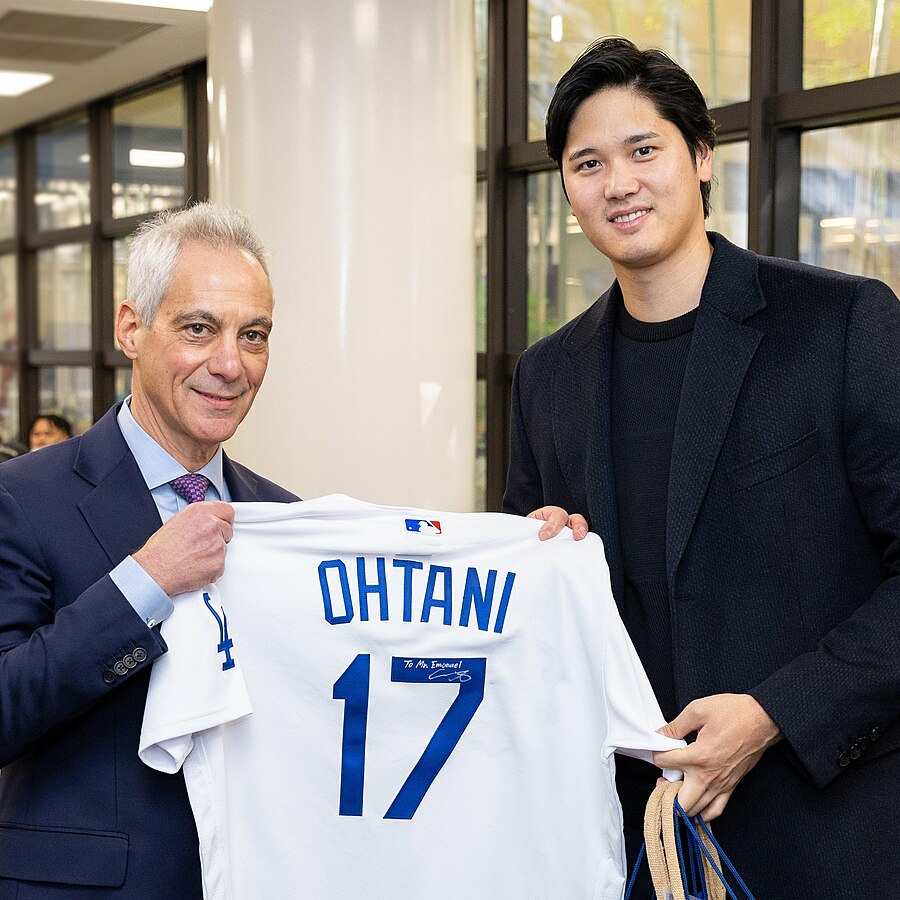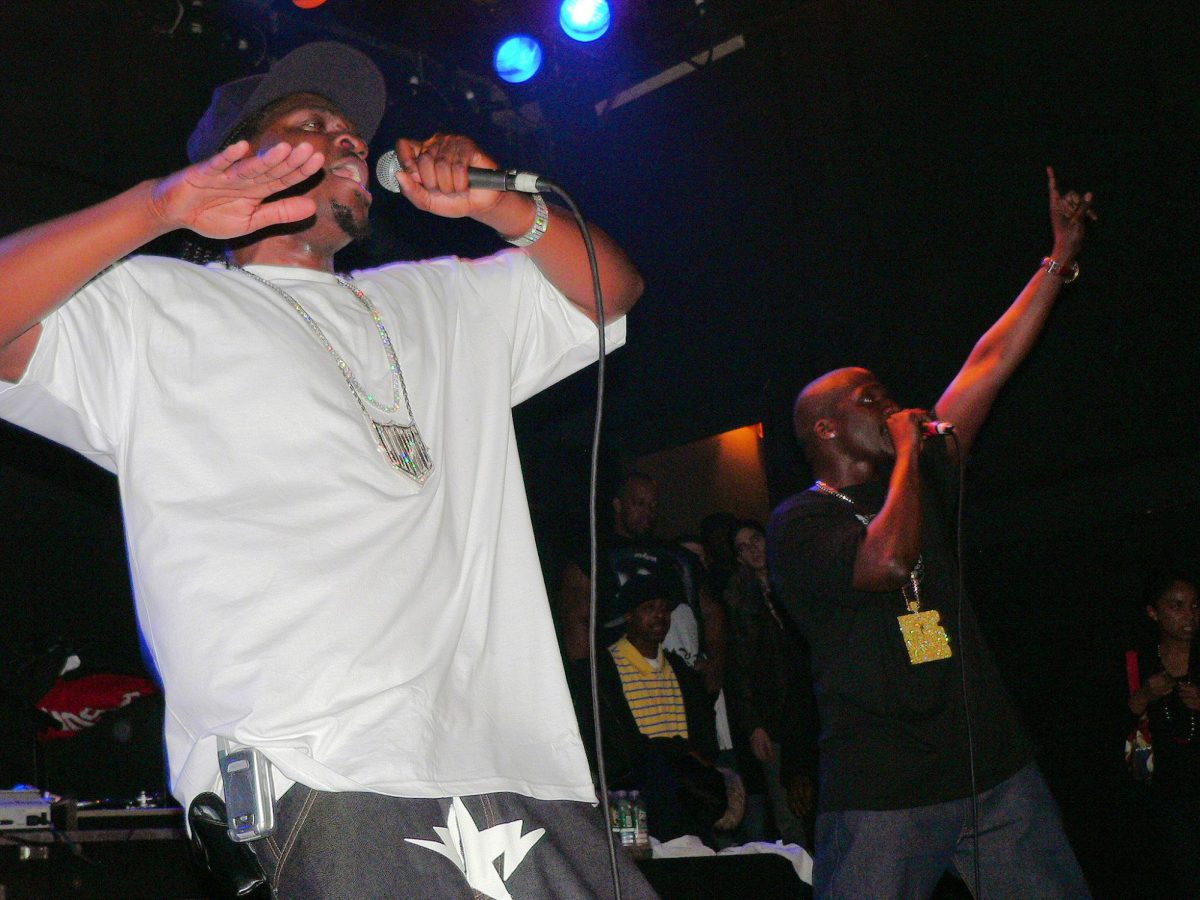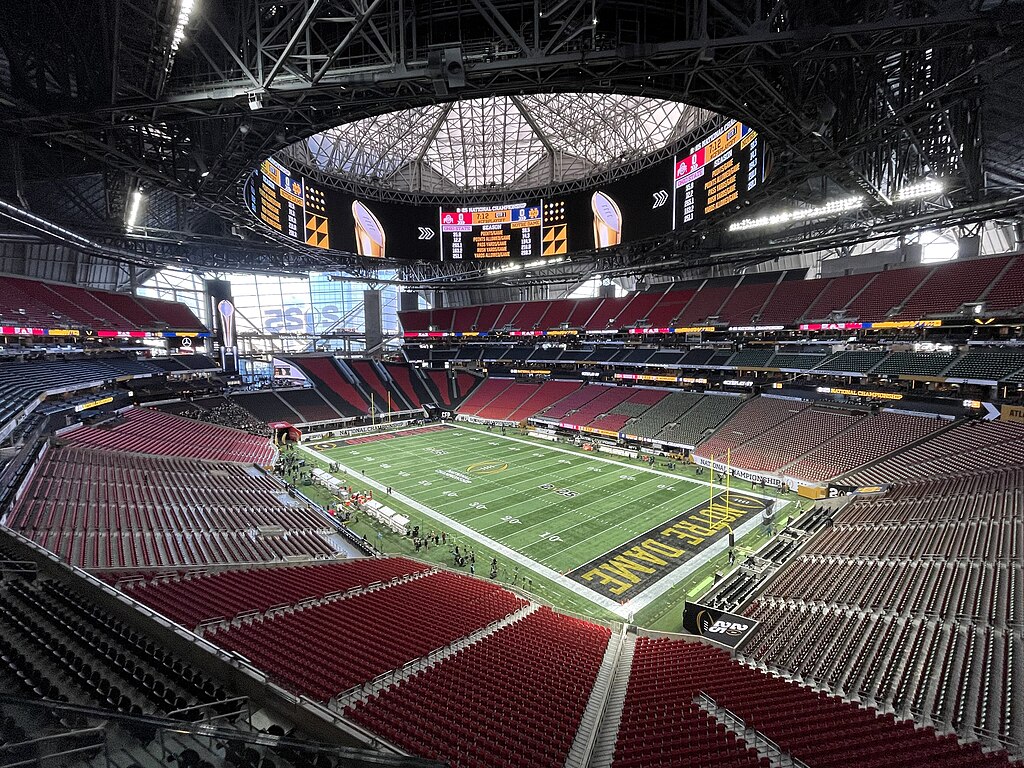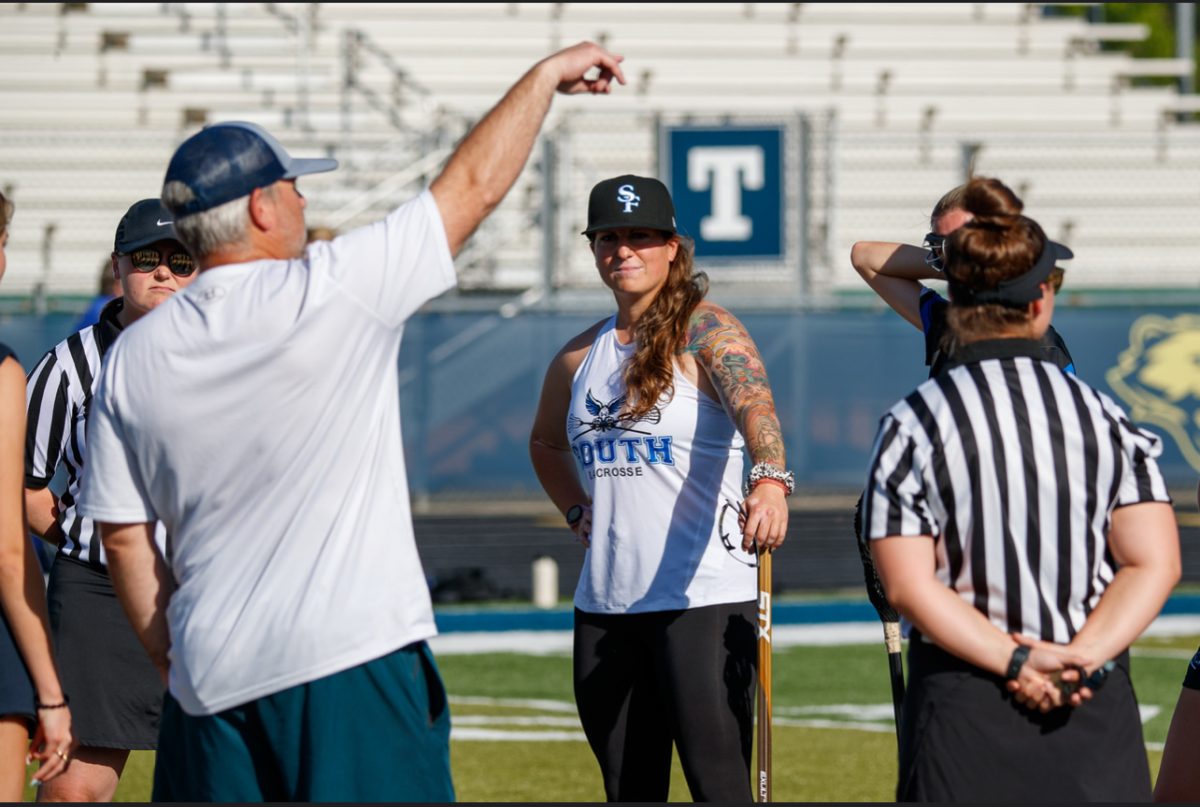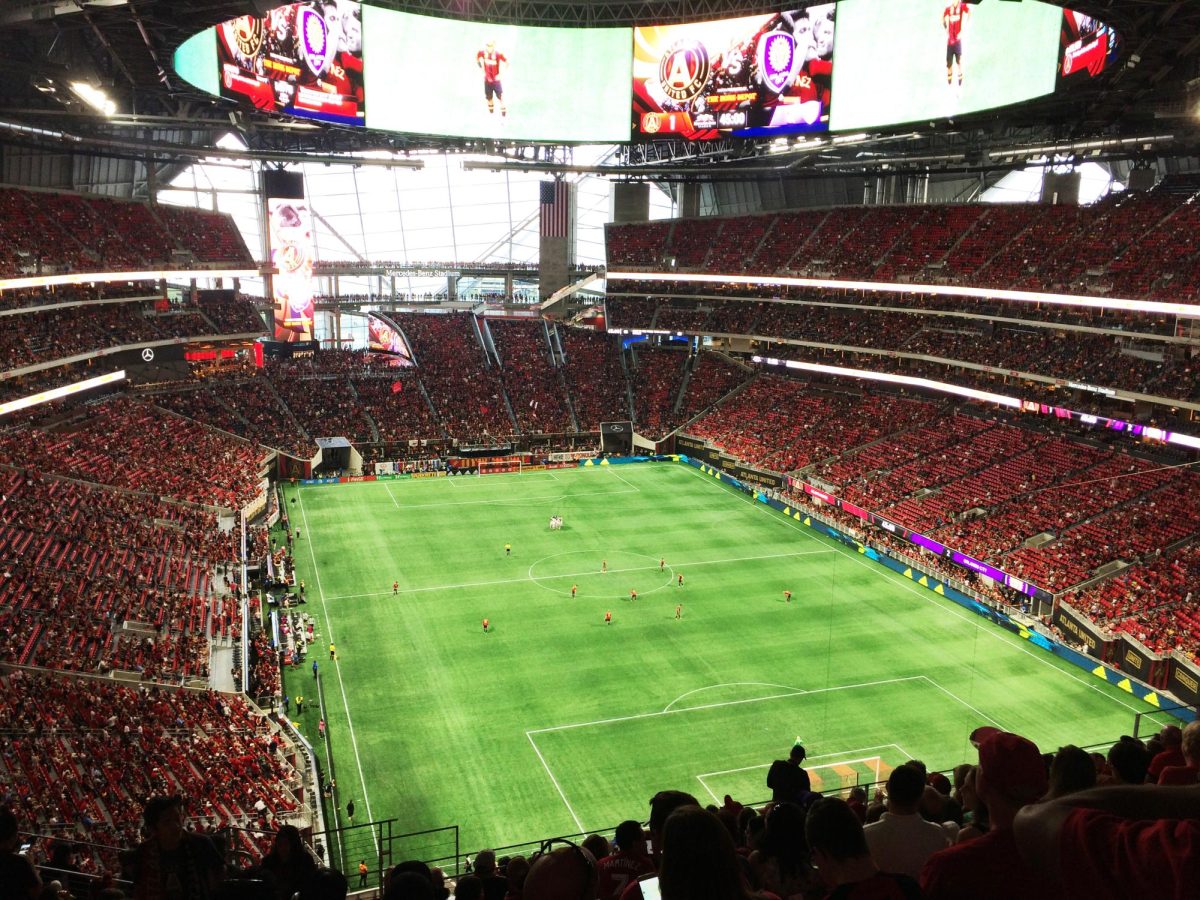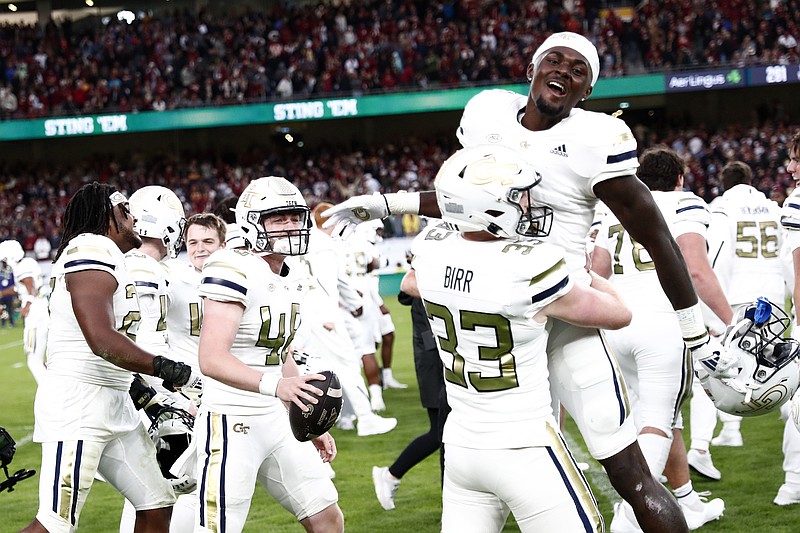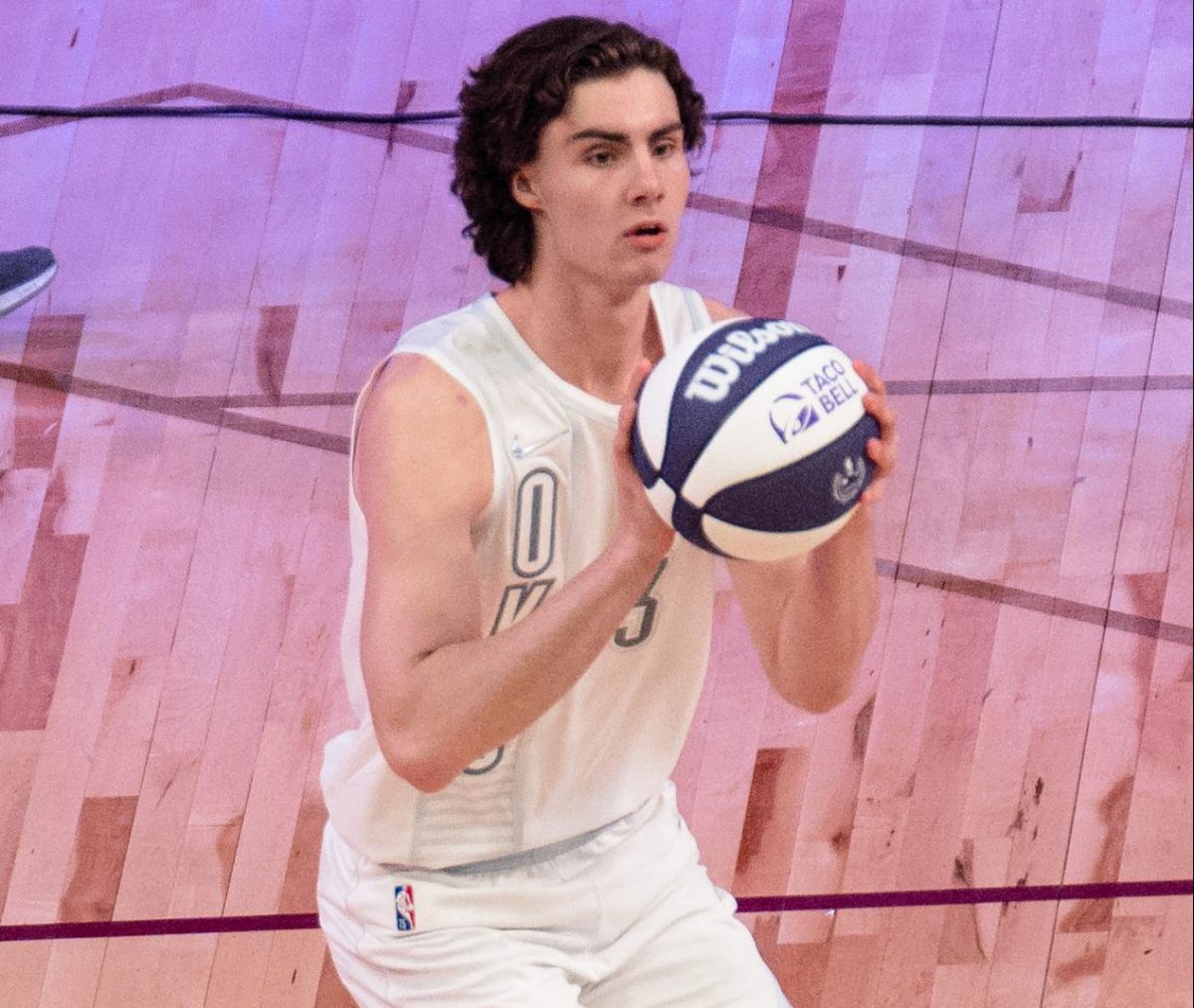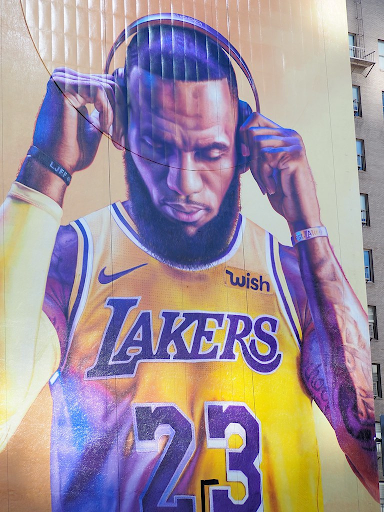On Dec. 11, 2023, the Los Angeles Dodgers signed two-time unanimous MVP Shohei Ohtani to a 10-year $700 million dollar contract, the largest contract in all of sports history. Two weeks later, the Dodgers signed pitcher Yoshinobu Yamamoto to a 12-year $325 million dollar contract.
The Dodgers spent the same amount on two players as the entire value of the Miami Marlins franchise.
Having this much leverage in bargaining is clearly unfair to smaller teams that don’t have nearly enough money to compete.
The absence of a salary cap in the MLB allows richer teams to sign enormous contracts with the best players, giving these teams a one-way ticket to success otherwise known as the dollar.
Pay-to-Win
There are two main ways to build a winning team: the first is to take several years of drafting and developing prospects, and the second is to sign the best free agents on the market.
MVPs and Cy Young winners garner attention from across the League upon entering free agency. However, money remains to be the most influential factor in deciding these players’ permanent home, because at the end of the day, all players cost money.
With seemingly unlimited budgets, wealthier teams can consistently stay competitive by chasing big-name free agents on the market. Smaller teams simply cannot outbid their competition and consequently, rarely do they get big signings or the wins that often follow.
Without an excessive payroll, many small teams focus on developing young talent in order to adapt. But with minor errors in drafting and issues in their farm systems, small teams risk staying stuck in irrelevancy for long periods of time.
Another issue arises when stars do emerge from poorer teams. Once their contract expires, several wealthy teams swoop in and offer larger contracts than their former team could afford.
A 2019 study conducted by Valparaiso University found there is a positive correlation between a larger payroll and winning more games. Over the past 25 years, the vast majority of MLB champions have had a payroll in the top half of the League.
Clearly, there is an incentive to have a larger payroll, and MLB’s current system does little to prevent that unfairness from emerging.
Axe the Tax
Currently, the MLB has a luxury tax to punish teams for overspending, which taxes every dollar above the threshold.
There is still one glaringly obvious issue: richer teams can simply overspend and absorb the tax, whereas financially disadvantaged teams are heavily restrained by the tax.
The New York Mets, with the largest payroll in MLB history, have to spend a whopping $101M in luxury tax alone, which is more than some teams’ entire payrolls.
Another way for teams to bypass the luxury tax is through deferrals. According to the MLB’s Collective Bargaining Agreement, players can receive their payment years after their contract expires.
Ohtani’s contract deferred $680 million until a decade after his time with the Dodgers ends. This allowed the Dodgers to pursue other names in free agency while evading the luxury tax.
“It’s ridiculous,” said South Forsyth student and baseball player Jack Herman. “[The Dodgers] have way too much money.”
Other sports leagues have tried different methods to curb overspending.
The NFL has a “hard cap,” meaning that no teams can exceed a certain amount of spending. This gives an equal opportunity for teams to pursue free agents. This helps ensure that having more money doesn’t guarantee winning.
Although payrolls aren’t controlled by the teams, the owners decide how much their team is able to spend.
Broke Billionaires
Payroll is not really affected by market size but more by the ownership’s willingness to pay. However, stubborn owners can cripple a team’s ability to chase players in free agency.
Oakland Athletics owner John Fischer is the lowest spender in the League. In 2023, the Athletics ended their season with 112 losses, the worst in franchise history. The Athletics still raked in over $60 million in profit.
Many have speculated whether he purposefully tanked his team in order to relocate the team to Las Vegas.
Stingey owners prevent teams from having chances to make postseason pushes. When billionaire owners act like penny pinchers, everybody under them suffers.
What Next?
Introducing a salary cap and floor to the MLB would force owners to acquire players to try to make their team competitive.
Although there are several issues with the owners, another matter to consider are the players.
A salary cap would limit the amount of money players can sign for. According to “MLBPA’s Tony Clark vows to fight efforts to implement salary cap” by Jeff Passan of ESPN, the players are “never going to agree to a cap.”
The bottom line is that spending in the MLB, on both ends of the spectrum, needs to be regulated. When money plays a role in winning, all teams don’t get an equal opportunity to succeed.
Sources:
“Relationship Between MLB Payroll and Performance” by Jonathan Bledsoe et. al. from Valparaiso University
“World Series Champion Opening Day Payroll Ranks In The Wild Card Era” by Kyle Glaser from Baseball America
“Competitive Balance Tax” from MLB
“MLB Free Agency 2023-24: Start Date, Largest Contracts, History, Team Payrolls and more” by NBC Sports Staff from NBC Sports
“Mets to pay record luxury tax fees after disappointing season” from Sports Business Journal
“COLLECTIVE BARGAINING AGREEMENT” from Major League Baseball Players Association
“How Shohei Ohtani’s contract could save him $100 million in taxes — and start a Silicon Valley trend” by Evan Drellich from The Athletic
“2023 NFL free agency: The salary cap explained” by Jennifer Bubel from Diario AS
“Oakland Athletics Made Over $60 Million in 2023” by Jason Burke from Sports Illustrated
“A’s Owner Denies Tanking Allegations As Team Continues Relocation Process” by Eric Fisher from Front Office Sports



